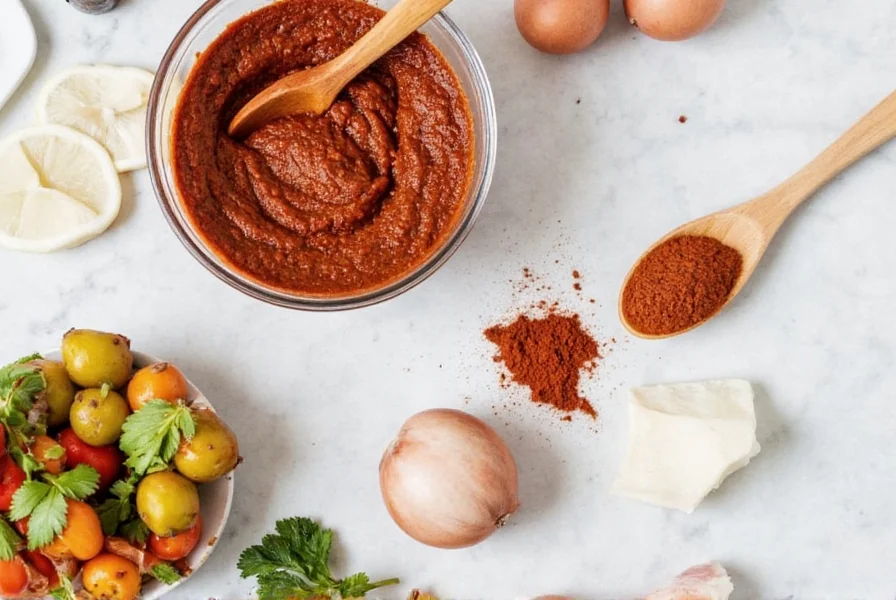
Adobo paste is a thick, flavorful seasoning blend made from garlic, vinegar, paprika, oregano, and spices. It's widely used in Latin American and Caribbean cooking to add rich, smoky, umami flavor to dishes. This guide covers everything you need to know about adobo paste, including how to use it, how to buy it, and how to make it at home.
Table of Contents
- What Is Adobo Paste?
- Adobo Seasoning vs. Adobo Paste
- Flavor Profile & What Makes It Unique
- Top 5 Uses for Adobo Paste
- How to Use Adobo Paste Across Cuisines
- Buying Guide: Choosing the Best Adobo Paste
- How to Make Homemade Adobo Paste
- FAQs About Adobo Paste
- Conclusion
What Is Adobo Paste?
Adobo paste is a thick, concentrated blend of spices, typically including garlic, vinegar, paprika, oregano, salt, and sometimes chili peppers. While recipes vary by region and brand, its purpose remains consistent: to infuse food with deep, savory flavor in just a spoonful.
Unlike marinades or spice mixes, adobo paste delivers both acidity (from vinegar) and heat (from chili) while offering a robust umami finish. It's commonly used in Puerto Rican, Filipino, and Mexican cooking, though modern chefs are now using it creatively across global cuisines.
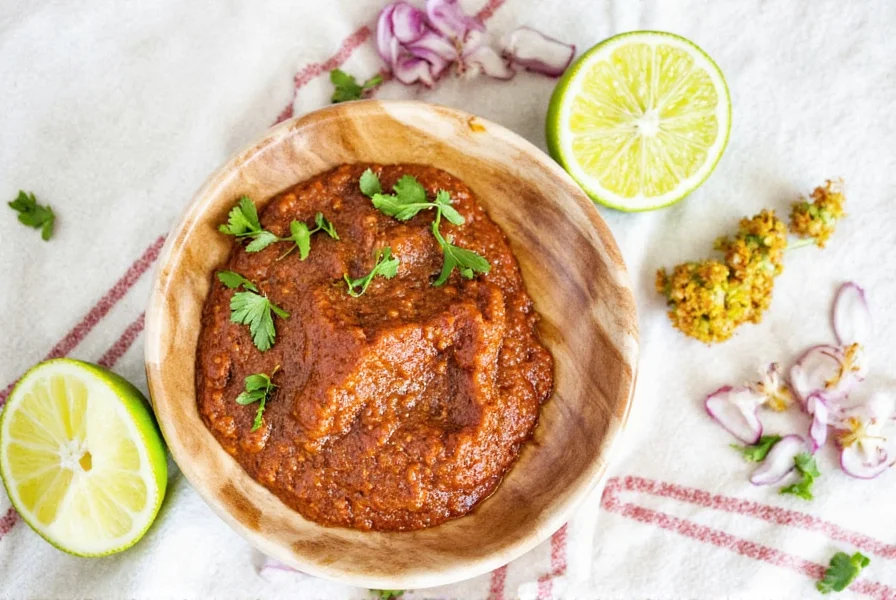
Adobo Seasoning vs. Adobo Paste: What's the Difference?
It's easy to confuse adobo seasoning and adobo paste because they share a name and often similar ingredients. But they are not interchangeable. Here's how they stack up:
| Feature | Adobo Seasoning | Adobo Paste |
|---|---|---|
| Texture | Dry powder | Thick, paste-like |
| Base Ingredients | Garlic powder, onion, salt, oregano | Fresh garlic, vinegar, herbs, chili |
| Mixing Required | No — ready to sprinkle | May need dilution depending on recipe |
| Shelf Life | Longer | Shorter once opened |
| Best For | Rubbing onto meats, sprinkling over roasted veggies | Marinating, simmering, braising |
If you're going for convenience, go with the seasoning. If you want complex flavor development in your dish, reach for the paste.
Flavor Profile & What Makes It Unique
So what makes adobo paste so special? Let's break down its flavor layers:
- Smoky – Thanks to paprika and sometimes chipotle or other smoked chilies
- Salty – Salt is usually one of the top ingredients
- Tangy – Vinegar gives it that slight zing
- Umami-rich – Garlic and herbs deliver that savory punch
- Slightly Sweet – Some brands add sugar or caramelized onions for balance
Because it's a complete seasoning package, adobo paste doesn't just add flavor — it becomes the flavor profile of a dish, especially when used as a marinade or base for sauces.
Top 5 Uses for Adobo Paste
Ready to start cooking with adobo paste? Here are five delicious ways to incorporate it into your meals:
- Marinate Meats: Rub it on chicken, pork, beef, or shrimp before grilling or roasting. Let it sit for at least 30 minutes for best results. Perfect for adobo paste chicken marinade or adobo paste pork recipes.
- Stir Into Soups & Stews: Add a spoonful to chili, beans, or tomato-based soups for an instant flavor boost. Ideal for adobo paste soup recipes.
- Mix Into Sauces: Blend with ketchup, mayo, or sour cream for a spicy dipping sauce or sandwich spread. Great for adobo paste sauce ideas.
- Enhance Rice Dishes: Stir into rice or grains while cooking for smoky complexity. Try adobo paste rice recipes for extra flavor.
- Add to Roasted Vegetables: Toss root vegetables or squash with olive oil and a smear of adobo paste before roasting. Perfect for adobo paste roasted vegetables.
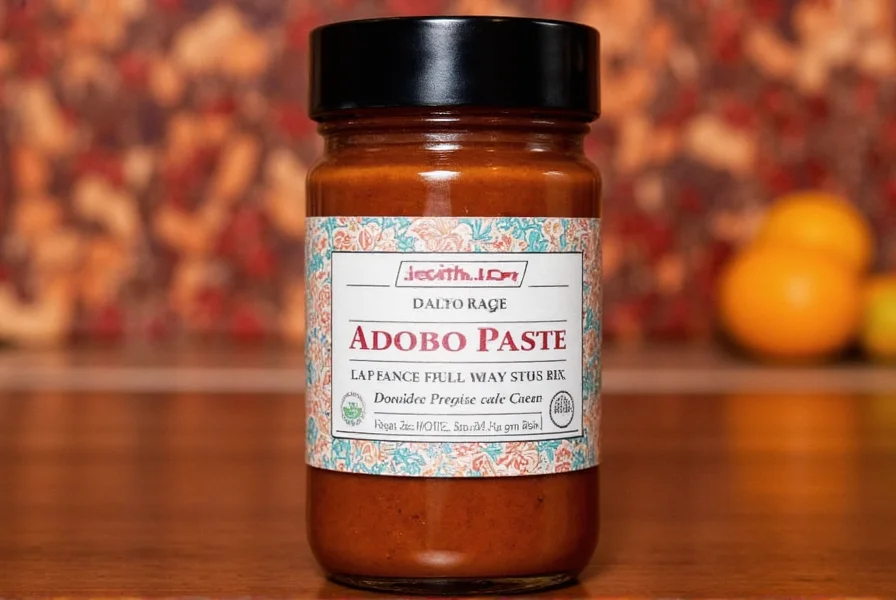
How to Use Adobo Paste Across Cuisines
Don't feel limited to traditional uses! Try these cross-cultural applications:
- Mediterranean: Mix with olive oil and lemon for a grilled lamb marinade
- Asian Fusion: Add to stir-fries or ramen broth for a smoky twist
- American BBQ: Blend with ketchup and molasses to create a homemade barbecue sauce
- Middle Eastern: Use in place of baharat in stews or ground meat dishes
- Latin-Inspired Pizza: Spread on pizza crust, then top with mozzarella, chorizo, and pineapple
Buying Guide: Choosing the Best Adobo Paste
With so many brands on the market, it can be hard to choose the right one. Here's what to look for when shopping for adobo paste:
Key Features to Look For:
- Ingredients List: Shorter is better — avoid pastes with artificial flavors or excessive preservatives.
- Heat Level: Check if it includes chili or pepper varieties and their Scoville rating if available.
- Consistency: Should be thick but smooth enough to spread easily.
- Brand Authenticity: Some brands specialize in regional recipes (Puerto Rican, Mexican, etc.)
- Packaging Size: Consider how often you'll use it — larger jars might save money but could spoil before finishing.
Top Brands & Reviews
| Brand | Flavor Notes | Best For | Price Range |
|---|---|---|---|
| Goya Adobo Sauce | Mild, balanced with noticeable vinegar | Everyday cooking, budget-friendly | $ |
| Badia Adobo Marinade | Strong garlic, moderate heat | Marinating meats, Latin dishes | $ |
| El Mexicano Adobo | Spicy, earthy, slightly sweet | Tacos al pastor, grilled meats | $ |
| Mrs. Dash Adobo Style | Lighter flavor, no added salt | Low-sodium diets, health-conscious eaters | $ |
| La Costeña Adobo de Chipotle | Smoky, intense, with visible bits of chili | Soups, sauces, bold flavor seekers | $$ |
Target Audience & Occasions
- Home Cooks: Goya or Badia for everyday use
- Grill Masters: El Mexicano or La Costeña for bold grilled flavors
- Health-Conscious: Mrs. Dash or low-sodium versions
- Foodies & Adventurous Eaters: Specialty or artisanal brands for unique regional blends
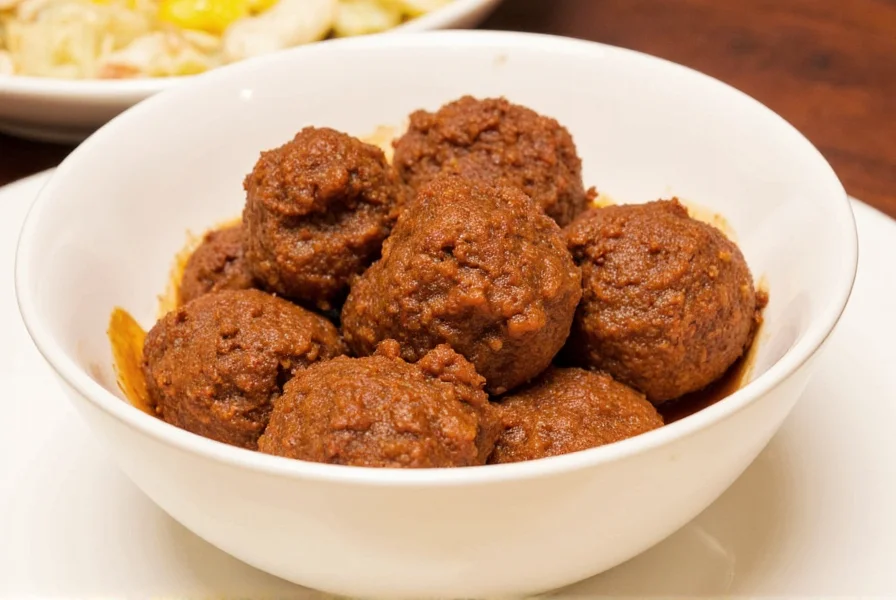
How to Make Homemade Adobo Paste
Want full control over your flavor and ingredients? Make your own adobo paste at home. Here's a simple version:
Ingredients:
- 6 cloves garlic
- 2 tbsp apple cider vinegar
- 1 tbsp paprika
- 1 tsp dried oregano
- 1 tsp ground cumin
- 1/2 tsp smoked chili powder
- 1 tsp salt
- 1 tbsp olive oil (optional, for texture)
Instructions:
- Chop garlic finely or crush it into a paste.
- In a bowl, mix all ingredients until smooth.
- Store in an airtight container in the fridge for up to two weeks.
You can customize this recipe by adding chipotle in adobo sauce for extra heat, citrus zest for brightness, or honey for a touch of sweetness.
FAQs About Adobo Paste
What's the secret to getting the deepest smoky flavor from adobo paste?
The key is to let the adobo paste "bloom" in oil before adding other ingredients. Heat 1-2 tablespoons of oil in a pan, add your adobo paste, and cook for 1-2 minutes until fragrant. This unlocks the essential oils in the spices and creates a deeper, more complex flavor base for your dish.
Can I substitute adobo paste with something else?
Yes! If you don't have adobo paste handy, try mixing soy sauce, garlic, vinegar, paprika, and a pinch of chili flakes for a close approximation. For a closer substitute, add a bit of smoked paprika and oregano to enhance the authentic flavor profile.
Is adobo paste the same as mole paste?
Nope. Mole paste is usually sweeter and richer, containing chocolate, nuts, and multiple types of chiles. Adobo is simpler and more acidic, with a focus on garlic, vinegar, and smoked peppers.
Does adobo paste need to be cooked?
While you can technically use it raw as a condiment, cooking enhances the flavors and softens the intensity. For the deepest flavor development, incorporate it early in the cooking process to allow the spices to meld with other ingredients.
How long does adobo paste last?
Commercial adobo paste can last months unopened. Once opened, refrigerate and use within 2-3 weeks. Homemade lasts around 10 days in the fridge. For longer storage, freeze in ice cube trays then transfer to freezer bags for up to 3 months.
What's the secret timing for adding adobo paste to maximize flavor?
For soups, stews, and braises, add adobo paste early in the cooking process to allow flavors to develop fully. For quick-cooking dishes like stir-fries or roasted vegetables, add it midway through cooking to preserve its vibrant flavor without burning the garlic.
How can I balance the strong flavors of adobo paste if I've added too much?
If your dish becomes too salty or intense, try adding acid (like lime juice), sweetness (honey or sugar), or bulk (more of the main ingredient). A splash of vinegar can also help rebalance overly salty flavors by enhancing other taste elements.
Can adobo paste be used in sweet applications?
Surprisingly, yes! Some innovative chefs use small amounts of adobo paste in chocolate desserts or caramel sauces for a sophisticated sweet-smoky contrast. Start with just 1/4 teaspoon per serving and adjust to taste.
Conclusion
Adobo paste is more than just a condiment — it's a flavor powerhouse that deserves a permanent spot in your pantry. From marinades to dips, soups to roasted vegetables, this versatile paste opens up a world of culinary creativity.
Whether you buy it off the shelf or make your own, adobo paste is a must-have ingredient for anyone who loves bold, smoky, tangy flavors. So next time you're at the store or meal planning for the week, don't skip the adobo paste — your taste buds will thank you!
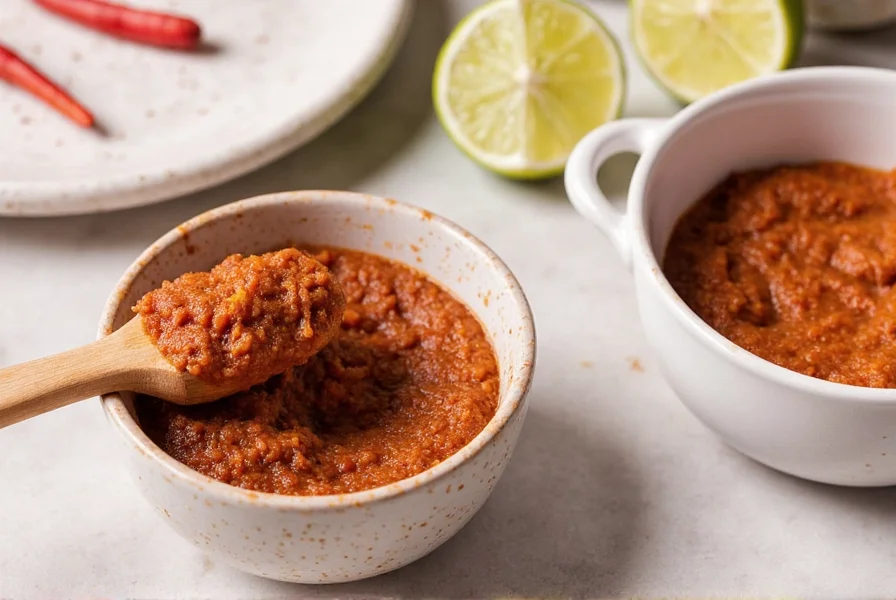

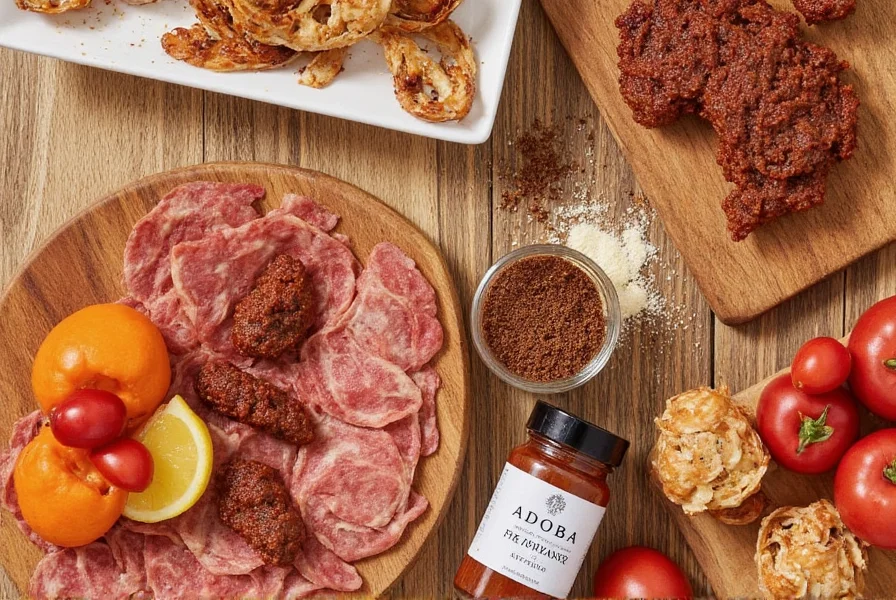









 浙公网安备
33010002000092号
浙公网安备
33010002000092号 浙B2-20120091-4
浙B2-20120091-4